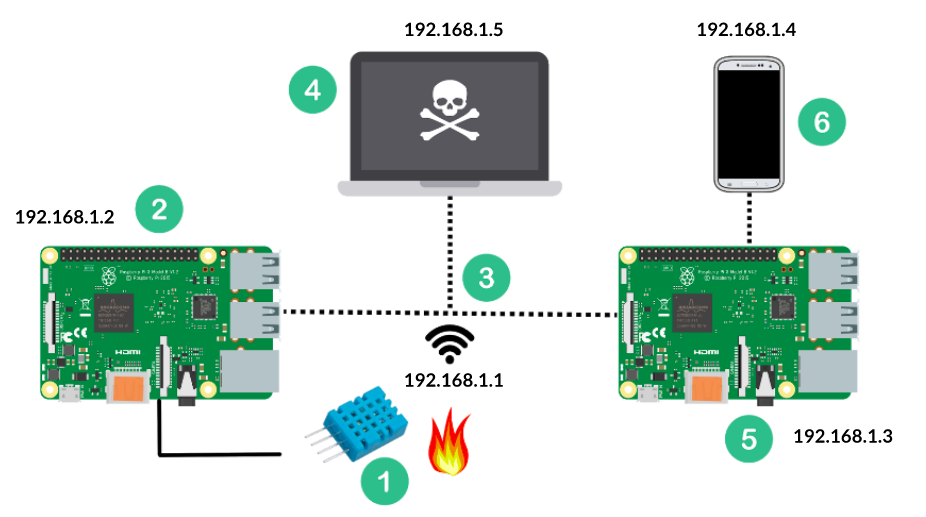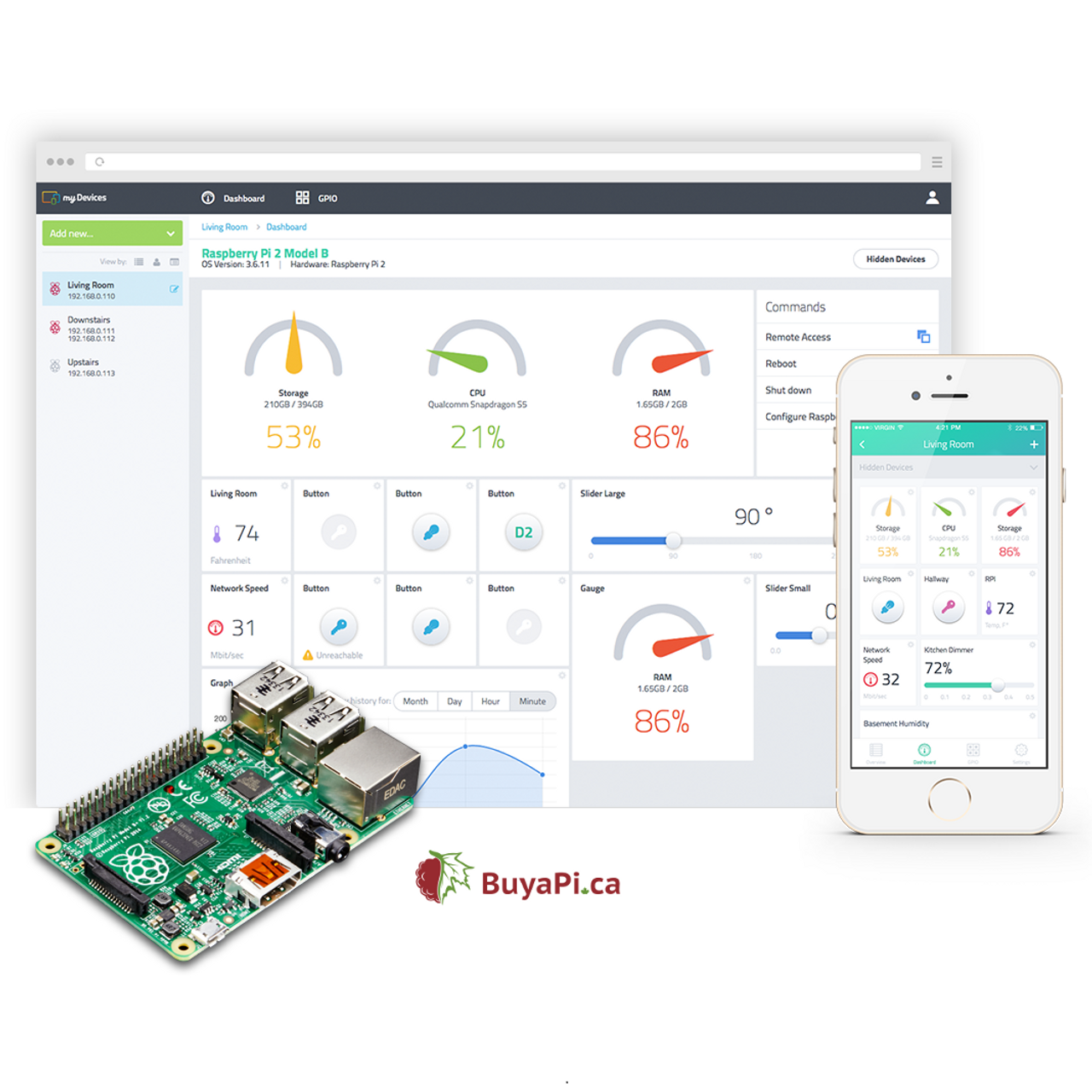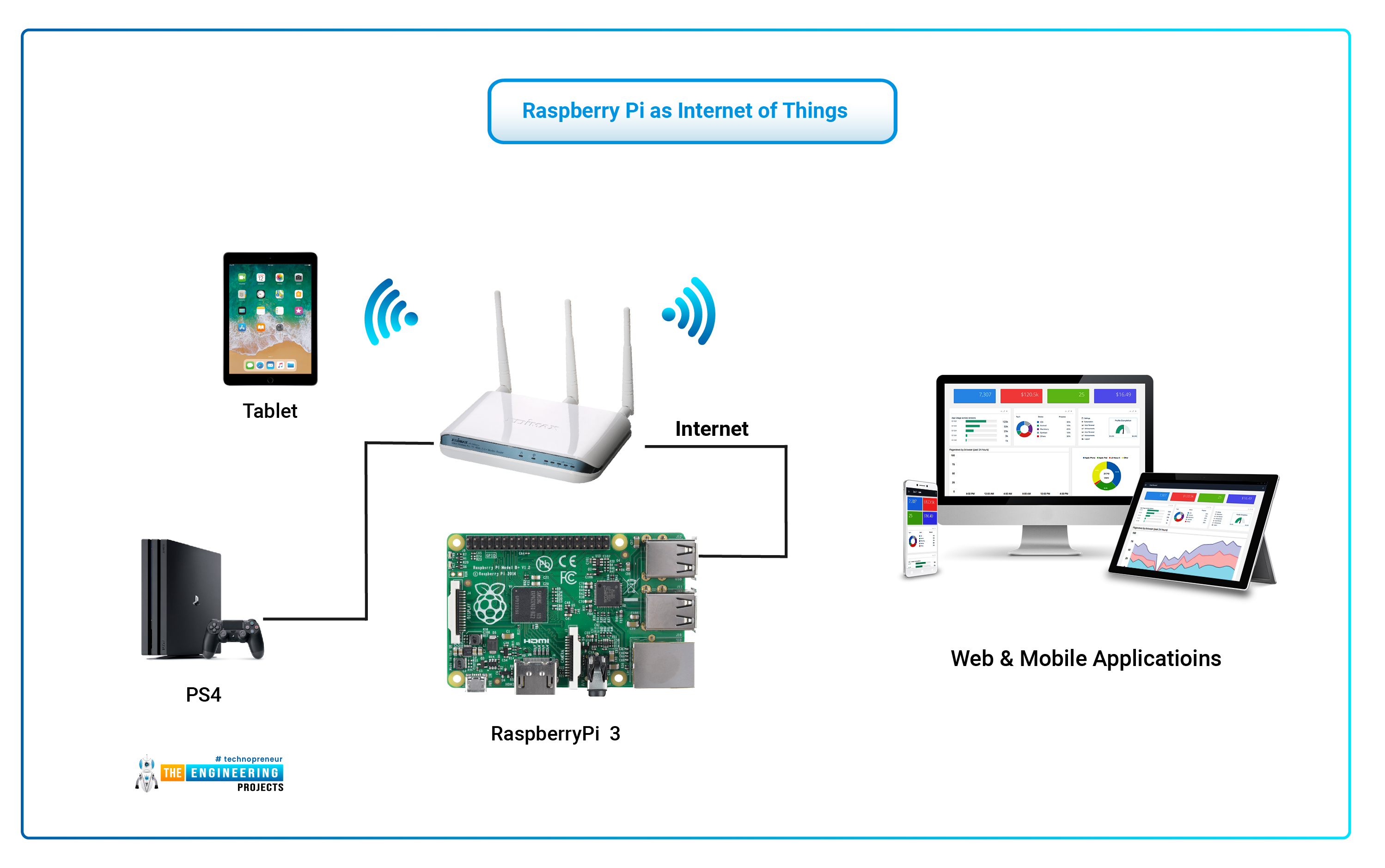Best IoT SSH P2P For Raspberry Pi Free: Your Ultimate Guide
Looking for the best IoT SSH P2P solution for your Raspberry Pi without breaking the bank? You’ve landed in the right place, buddy. In this article, we’ll dive deep into everything you need to know about setting up a secure, efficient, and free SSH P2P system for your IoT projects. Whether you’re a tech enthusiast, a hobbyist, or a developer, this guide has got your back.
Let’s face it, folks. IoT is everywhere these days. From smart homes to industrial automation, the Internet of Things is revolutionizing the way we live and work. But with great power comes great responsibility, right? Securing your IoT devices, especially when you’re managing them remotely, is crucial. That’s where SSH P2P comes into play. It’s like having a secret tunnel to your Raspberry Pi without exposing it to the wild west of the internet.
Now, I know what you’re thinking. “Can I really set up a secure SSH P2P connection for free?” The short answer is yes. The long answer? Well, that’s exactly what we’re going to explore in this article. So grab a cup of coffee, sit back, and let’s get started on this tech adventure.
Read also:Aliyah Marie Leaked The Truth Behind The Controversy
What is SSH P2P for Raspberry Pi?
Alright, let’s break it down. SSH stands for Secure Shell, and it’s a protocol that allows you to remotely access and manage your Raspberry Pi securely. P2P, or Peer-to-Peer, is a networking model where devices communicate directly with each other without relying on a centralized server. Combining these two concepts gives you a powerful tool for managing your IoT projects remotely.
For example, imagine you’ve set up a Raspberry Pi as a home automation hub. You want to control it from anywhere in the world, but you don’t want to expose it to public networks. SSH P2P lets you create a secure connection between your device and your Raspberry Pi without the need for port forwarding or complex configurations. Sounds awesome, right?
Why Choose Free IoT SSH P2P Solutions?
Let’s be real here. Not everyone has the budget to spend on premium services, especially when you’re just starting out with IoT. Free SSH P2P solutions offer a great way to experiment and learn without burning a hole in your pocket. Plus, they’re often just as effective as paid options if you know how to use them correctly.
- Cost-effective: No subscription fees or hidden charges.
- Flexible: Perfect for hobbyists and small-scale projects.
- Community support: Many free solutions come with active communities where you can find help and resources.
Top 5 Free IoT SSH P2P Solutions for Raspberry Pi
Now that we’ve covered the basics, let’s dive into the best free SSH P2P solutions available for Raspberry Pi. These tools are designed to make your life easier and your IoT projects more secure.
1. ngrok
ngrok is a popular tool that creates secure tunnels to your Raspberry Pi. It’s super easy to set up and offers both HTTP and SSH tunnels. While the free version has some limitations, it’s more than enough for most hobbyist projects.
2. PageKite
PageKite is another fantastic option that allows you to expose your Raspberry Pi to the internet securely. It supports both SSH and HTTP, and the free version is surprisingly feature-rich. Plus, the developers are super responsive if you ever run into issues.
Read also:Sofia Carson Topless The Story Behind The Headlines And What It Really Means
3. LocalTunnel
LocalTunnel is a lightweight tool that’s perfect for quick and dirty SSH connections. It’s ideal for testing and debugging your IoT projects without the need for complex configurations. Just remember, it’s not the most secure option for long-term use.
4. Serveo
Serveo is a free SSH tunneling service that’s incredibly easy to use. It doesn’t require any installation, and you can start using it with just a single command. While it’s not as feature-rich as some of the other options, it gets the job done for most basic use cases.
5. ZeroTier
ZeroTier is a bit different from the other options on this list. It’s a virtual network that allows you to create secure, private connections between devices. While it’s not specifically designed for SSH, it works great for IoT projects that require more advanced networking capabilities.
How to Set Up SSH P2P on Raspberry Pi
Setting up SSH P2P on your Raspberry Pi is easier than you might think. Follow these simple steps, and you’ll be up and running in no time.
Step 1: Install the Necessary Software
First, you’ll need to install the SSH server on your Raspberry Pi. You can do this by running the following command:
sudo apt-get update && sudo apt-get install openssh-server
Step 2: Choose Your SSH P2P Tool
From the list above, pick the tool that best suits your needs. For this example, let’s go with ngrok. You can download and install ngrok by following the instructions on their website.
Step 3: Configure SSH P2P
Once you’ve installed your chosen tool, it’s time to configure it. For ngrok, you can start an SSH tunnel with the following command:
./ngrok tcp 22
That’s it! You should now have a secure SSH P2P connection to your Raspberry Pi.
Security Best Practices for IoT SSH P2P
Security should always be your top priority when working with IoT devices. Here are a few tips to keep your Raspberry Pi safe while using SSH P2P:
- Use strong passwords and consider enabling two-factor authentication.
- Regularly update your software and firmware to protect against vulnerabilities.
- Limit access to trusted devices and IP addresses whenever possible.
- Monitor your logs for any suspicious activity.
Common Challenges and How to Overcome Them
While SSH P2P is a powerful tool, it’s not without its challenges. Here are some common issues you might encounter and how to solve them:
Challenge 1: Connectivity Issues
Solution: Make sure your Raspberry Pi is connected to the internet and that there are no firewalls blocking the necessary ports.
Challenge 2: Slow Performance
Solution: Optimize your network settings and consider upgrading your internet connection if needed.
Challenge 3: Security Concerns
Solution: Follow the security best practices outlined above and consider using additional tools like fail2ban to protect your SSH server.
Real-World Use Cases for IoT SSH P2P
So, how can you apply SSH P2P in real-world scenarios? Here are a few examples:
- Remote monitoring of home security systems.
- Managing industrial IoT devices from a central location.
- Controlling smart home appliances from anywhere in the world.
The possibilities are endless, and with the right tools and knowledge, you can create amazing IoT projects that make your life easier and more connected.
Comparing Free vs Paid IoT SSH P2P Solutions
While free SSH P2P solutions are great for many use cases, there are times when you might want to consider upgrading to a paid service. Here’s a quick comparison:
| Feature | Free | Paid |
|---|---|---|
| Cost | $0 | Varies |
| Features | Basic | Advanced |
| Support | Community | Professional |
Ultimately, the choice depends on your specific needs and budget. For most hobbyists, free solutions will do the trick. But if you’re running a business or managing large-scale projects, investing in a paid service might be worth it.
Future Trends in IoT SSH P2P
As technology continues to evolve, so does the world of IoT SSH P2P. Here are a few trends to watch out for:
- Increased focus on security and privacy.
- Integration with AI and machine learning for smarter IoT solutions.
- More user-friendly interfaces and tools for beginners.
Stay tuned for these exciting developments and keep pushing the boundaries of what’s possible with IoT.
Conclusion
And there you have it, folks. The best IoT SSH P2P solutions for Raspberry Pi free are within your reach. Whether you’re using ngrok, PageKite, or any of the other tools we discussed, you can set up a secure and efficient remote connection without spending a dime.
Remember to always prioritize security and follow best practices to protect your IoT devices. And if you ever run into trouble, don’t hesitate to reach out to the vibrant communities surrounding these tools. They’re full of helpful people who love to share their knowledge.
So, what are you waiting for? Grab your Raspberry Pi, pick your favorite SSH P2P tool, and start building the IoT projects of your dreams. And don’t forget to leave a comment or share this article if you found it helpful. Happy tinkering!
Table of Contents
- What is SSH P2P for Raspberry Pi?
- Why Choose Free IoT SSH P2P Solutions?
- Top 5 Free IoT SSH P2P Solutions for Raspberry Pi
- How to Set Up SSH P2P on Raspberry Pi
- Security Best Practices for IoT SSH P2P
- Common Challenges and How to Overcome Them
- Real-World Use Cases for IoT SSH P2P
- Comparing Free vs Paid IoT SSH P2P Solutions
- Future Trends in IoT SSH P2P
- Conclusion



